Exploring Electric Water Valve Functions
Electric water valves are indispensable for regulating water flow in a multitude of industrial and commercial settings, ranging from manufacturing facilities and construction areas to water treatment operations and HVAC systems. These valves operate on a simple yet effective mechanism: they transform electrical energy into mechanical action to modulate the valve, thereby controlling water passage.
Outfitted with an electric actuator, these valves can be manipulated via a switch, a control system, or digitally. The actuator's response to signals—either to open or shut—dictates the valve's movement and thus the water flow. This precise control is instrumental in maintaining exact water levels, temperatures, or pressures within systems, leading to energy conservation and heightened efficiency in operations.
Available in a variety of designs and materials, electric water valves are tailored to meet specific needs and conditions. Choices range from robust metals like brass or stainless steel to economical plastics such as PVC or ABS, with selection criteria including water temperature, pressure, and the valve's operational frequency—whether for constant or sporadic use.
Varieties of Electric Water Valve Functions
The function of an electric water valve is determined by its design and intended application. Below are several prevalent types:
-
Direct Acting Electric Water Valves: Compact in size, these valves are used for straightforward on/off water flow control. They are capable of withstanding high temperatures and pressures, making them a reliable choice for domestic appliances and irrigation setups.
-
Solenoid-Controlled Electric Water Valves: These valves, with their solenoid coil mechanism, are adept for settings that demand regular adjustments, such as in the hospitality industry within hotels and eateries.
-
Motor-Operated Ball Valves: These valves employ a motor to maneuver a ball mechanism that regulates water flow, ideal for scenarios requiring fine-tuned control, like industrial processes or advanced home automation systems.
-
Motor-Operated Gate Valves: Suited for managing substantial water volumes, these valves are integral to industrial operations, agricultural activities, and civic water infrastructures.
-
Motorized Butterfly Valves: These valves, often featuring a quarter-turn operation and motorization, provide superior sealing and are commonly utilized in chemical processing and water treatment facilities.
Selecting Electric Water Valve Functions
Selecting the appropriate electric water valve function necessitates a thorough evaluation of several aspects to ensure compatibility with your specific business or operational needs.
Initially, identify the valve type that aligns with your requirements. For instance, a globe valve might be the optimal choice for a high-pressure industrial setup due to its sturdy build and versatility, whereas a solenoid valve could be more suitable for a hotel's water softener system, given its straightforward operation and effectiveness.
Next, assess the valve's material in relation to your media and environmental conditions. Metal valves may be essential for chemical resistance in harsher settings, while plastic or stainless steel could be adequate for less aggressive environments.
Finally, consider additional attributes such as energy-saving capabilities or the necessity for online support, which can be pivotal in contexts like manufacturing or construction. The valve's core components, like an integrated motor, should also be factored in for their contribution to simplified installation and maintenance.
By meticulously weighing these factors against your operational demands and seeking advice from suppliers on Alibaba.com as needed, you can pinpoint an electric water valve that serves your business's purposes.
Electric Water Valve Functions on Alibaba.com
Alibaba.com distinguishes itself as a global trading hub, linking purchasers with an expansive array of suppliers that provide electric water valve functions for diverse applications. The platform accommodates a broad spectrum of industries, from manufacturing to residential kitchens, all in need of effective water management solutions.
The site offers a user-friendly interface where businesses can explore detailed product information, including material options like stainless steel or brass, power sources ranging from solar to electric, and key components such as motors. Alibaba.com's Trade Assurance feature gives buyers additional confidence, securing their transactions until the completion of delivery.
Alibaba.com's dedication to promoting global commerce is reflected in its customized trading experiences, designed to support businesses at varying stages of development. Whether sourcing large-scale orders or specialized items for niche applications, buyers can effortlessly utilize Alibaba.com to locate the necessary resources.
Frequently Asked Questions on Electric Water Valve Functions
What is the primary function of an electric water valve?
Electric water valves primarily manage water flow within systems or processes, encompassing the initiation or cessation of flow, modulation of water volume, and occasionally the monitoring of water temperature or quality.
How do I determine the right size of electric water valve for my application?
The appropriate size for an electric water valve is contingent on the pipe diameter it must accommodate and the anticipated flow rate. Ensuring that the valve's specifications align with your system's requirements is crucial for compatibility and peak performance.
Are there different types of electric water valves available for specific industries?
Indeed, electric water valves are designed in various forms to cater to the specific demands of diverse sectors, including manufacturing, building material shops, construction works, machinery repair shops, and others.
Can electric water valves be used in environments with extreme temperatures?
Many electric water valves are engineered to function within certain temperature ranges. Selecting a valve that is rated for the environmental conditions it will encounter is vital, whether dealing with sub-zero or high-temperature scenarios.
What materials are commonly used in the construction of electric water valves?
Materials such as stainless steel, brass, and a variety of plastics are commonly employed in the manufacture of electric water valves. The selection of material typically hinges on the application's need for durability, chemical resistance, and compatibility with the water or other fluids in use.
How do I ensure the electric water valve will be compatible with my existing system?
To guarantee compatibility, review the supplier's specifications and compare them with your system's requirements. Consulting with technical support or a specialist may also be beneficial for seamless integration into your existing setup.
What power sources are available for electric water valves?
Electric water valves can be energized by a variety of sources, including direct electrical connections, batteries, solar panels, vehicle power systems, and in some instances, manual operation. The selection of a power source is dependent on the intended application and the availability of power.
How do I choose between a motorized and manual electric water valve?
Deciding between a motorized and manual electric water valve hinges on factors such as usage frequency, the precision of control required, power source availability, and the need for system functionality during power outages.
Can electric water valves be operated remotely?
Yes, numerous electric water valves offer remote operation capabilities through various control methods, including smartphone applications, computer software, or home automation systems, facilitating centralized water supply management.
Are there after-sales services provided with the purchase of electric water valves?
After-sales services differ among suppliers but may encompass online support, video technical assistance, and access to engineers for overseas machinery servicing. It is advisable to inquire with the supplier about the after-sales services they provide prior to purchase.
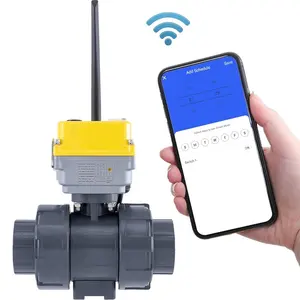






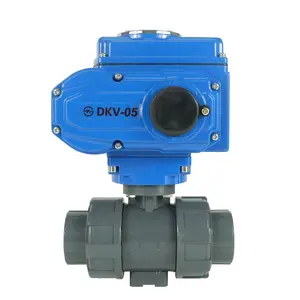

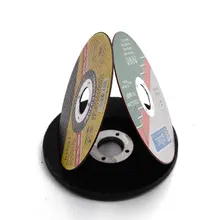
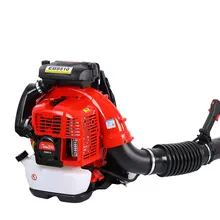
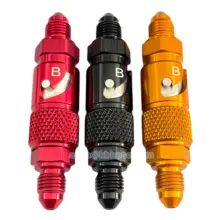
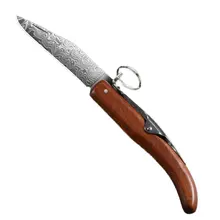


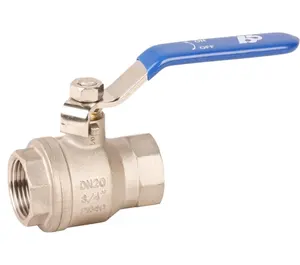


























 浙公网安备 33010002000092号
浙公网安备 33010002000092号 浙B2-20120091-4
浙B2-20120091-4